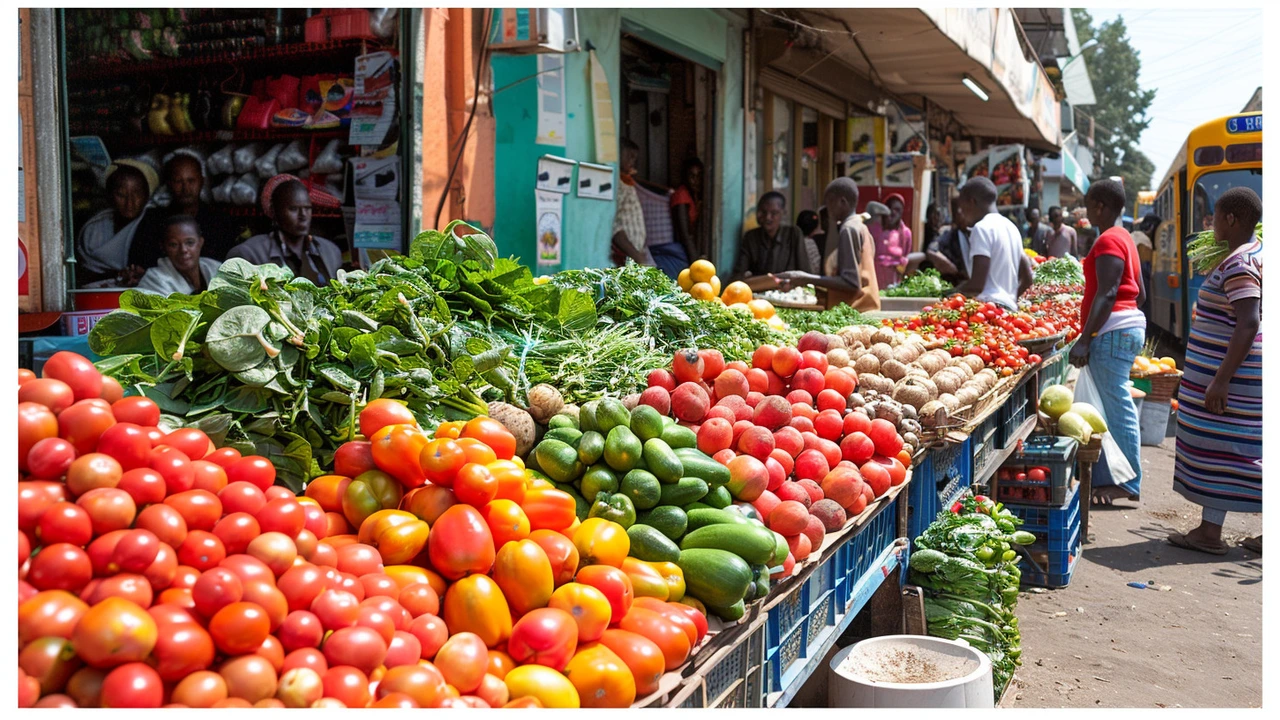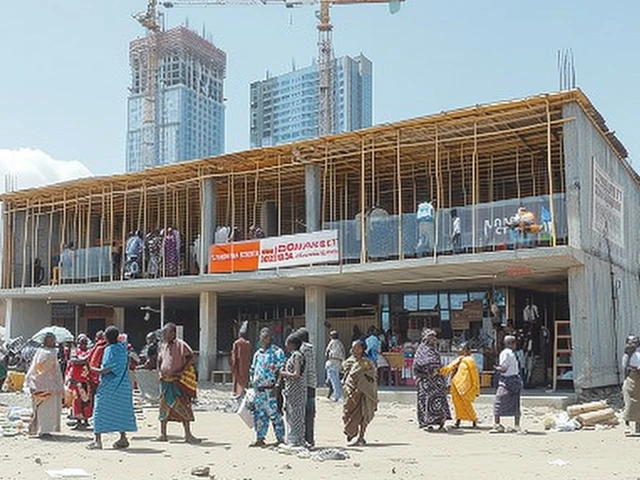Expenses in Ethiopia: What to Expect for Your Wallet
If you’re planning to live or work in Ethiopia, you’re probably curious about what things actually cost. Not all expenses are the same here—where you live, how much you earn, even your choice of industry can all change your monthly budget in a big way.
Let’s tackle rent first. In Addis Ababa, the price of a single-bedroom apartment can swing wildly depending on neighborhood and amenities. City center spots are pricier—expect a noticeably bigger bill. Out in the suburbs or smaller cities, rent drops, and you’ll find it easier to manage on a local salary.
Daily expenses, like food and transport, are often lower than in other African capitals. Groceries at local markets cost a lot less than imported goods from supermarkets. Taxis and city buses, while sometimes crowded, are cheap. If you cook at home and use public transport, your monthly costs stay reasonable. Eating out, especially at hotels or popular restaurants, spikes the bill quickly, though. Coffee fans? Good news! It’s rich, local, and a steal compared to Western prices.
Salaries can be unpredictable. A school teacher might earn a different monthly amount from a private-sector engineer or a pharmacist. Public sector jobs may offer less cash but more stability. The tech and business sectors are growing fast, and skilled workers can command higher pay. Of course, salaries have to keep pace with inflation—Ethiopia has seen prices rise sharply some years, making careful budgeting even more important.
Utilities—think water, electricity, and phone bills—are relatively cheap for basic needs, but unreliable supply bumps up costs for generators or solar backups. The internet isn’t as cheap or fast as you might hope, so people who rely on it for work often have to pay extra for a steady connection.
Planning to invest or launch a business? You’ll face upfront costs for registration, permits, and sometimes, unpredictable taxes. But many sectors—like agriculture, tech, and services—offer real chances to grow your wealth. Check how much capital you need before you start; requirements can change quickly based on government rules.
Housing is a big factor. Affordable spots can be found if you’re willing to shop around and avoid luxury developments. The cost of buying a house is still well below many other countries, but getting a loan from local banks requires patience and paperwork.
If you’re earning money online or getting paid from abroad, you’ll run into quirks. For example, PayPal isn’t officially supported, so freelancers need workarounds to get paid. There are legal ways to move money in and out of the country, but always check the latest banking rules so your cash isn’t stuck.
Bottom line? Living costs in Ethiopia can be manageable if you understand where your money goes and plan for unexpected changes. Ask locals, compare neighborhoods, and always check the latest prices. That local insight often saves the most, especially when every birr counts.





